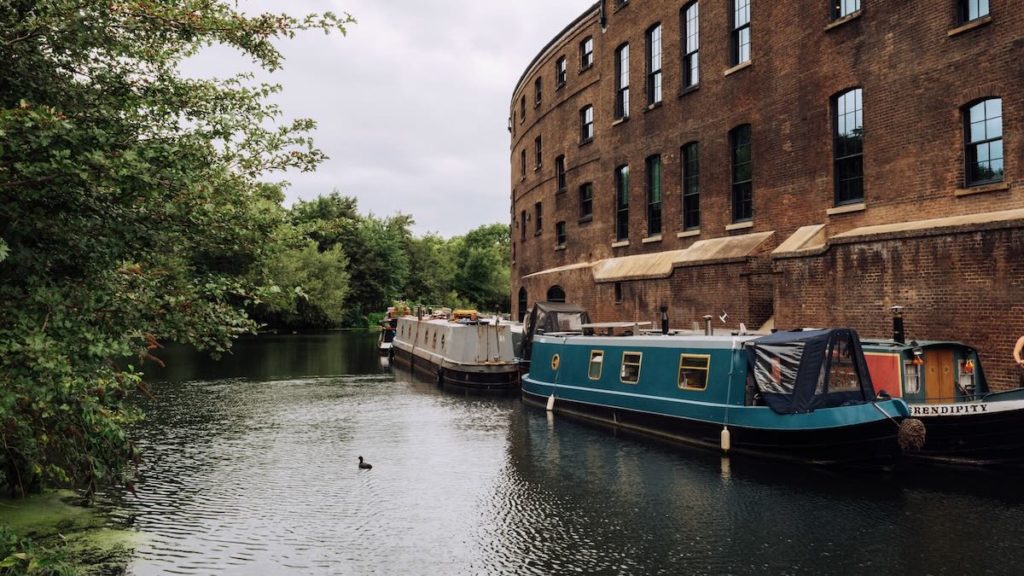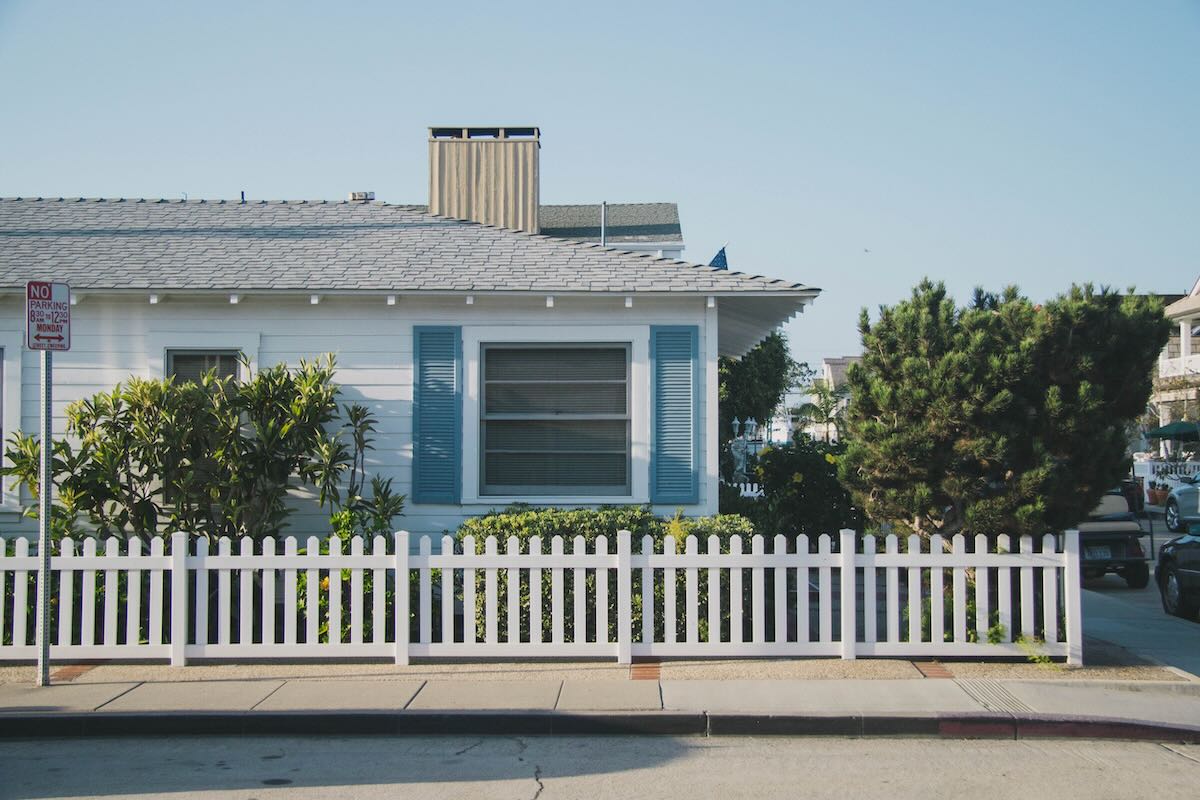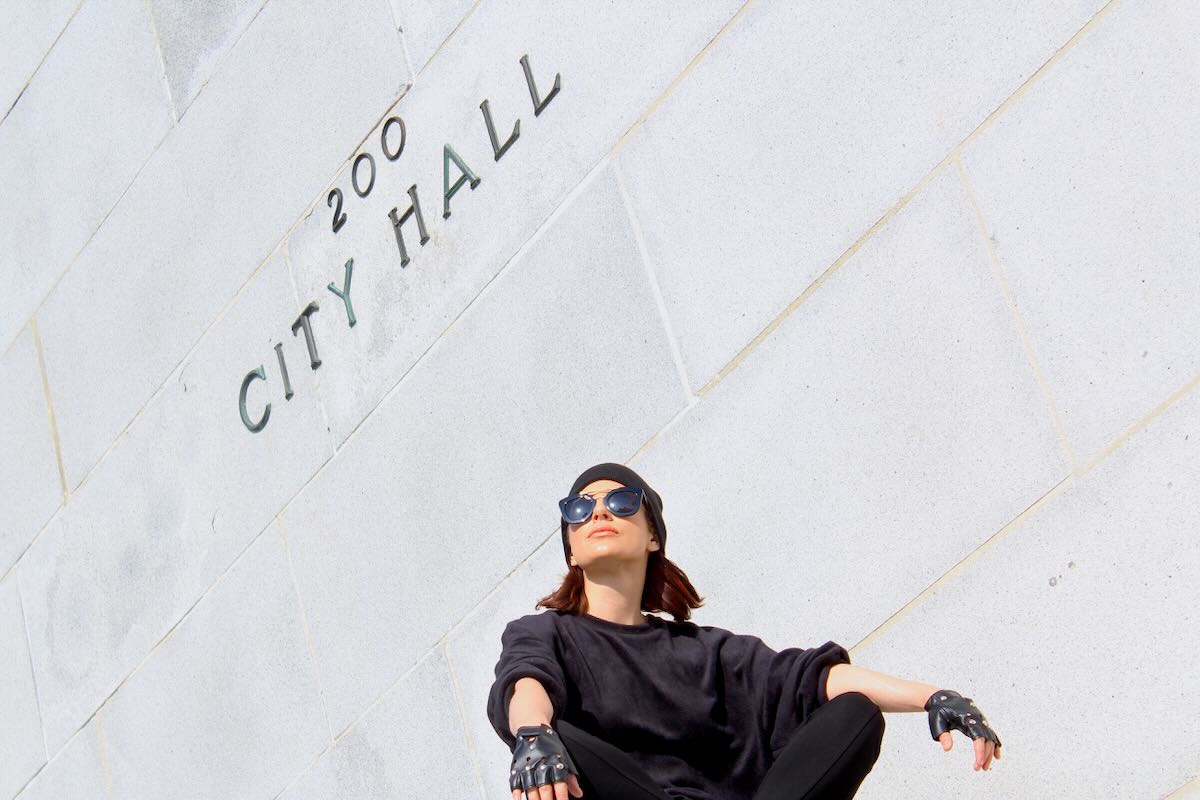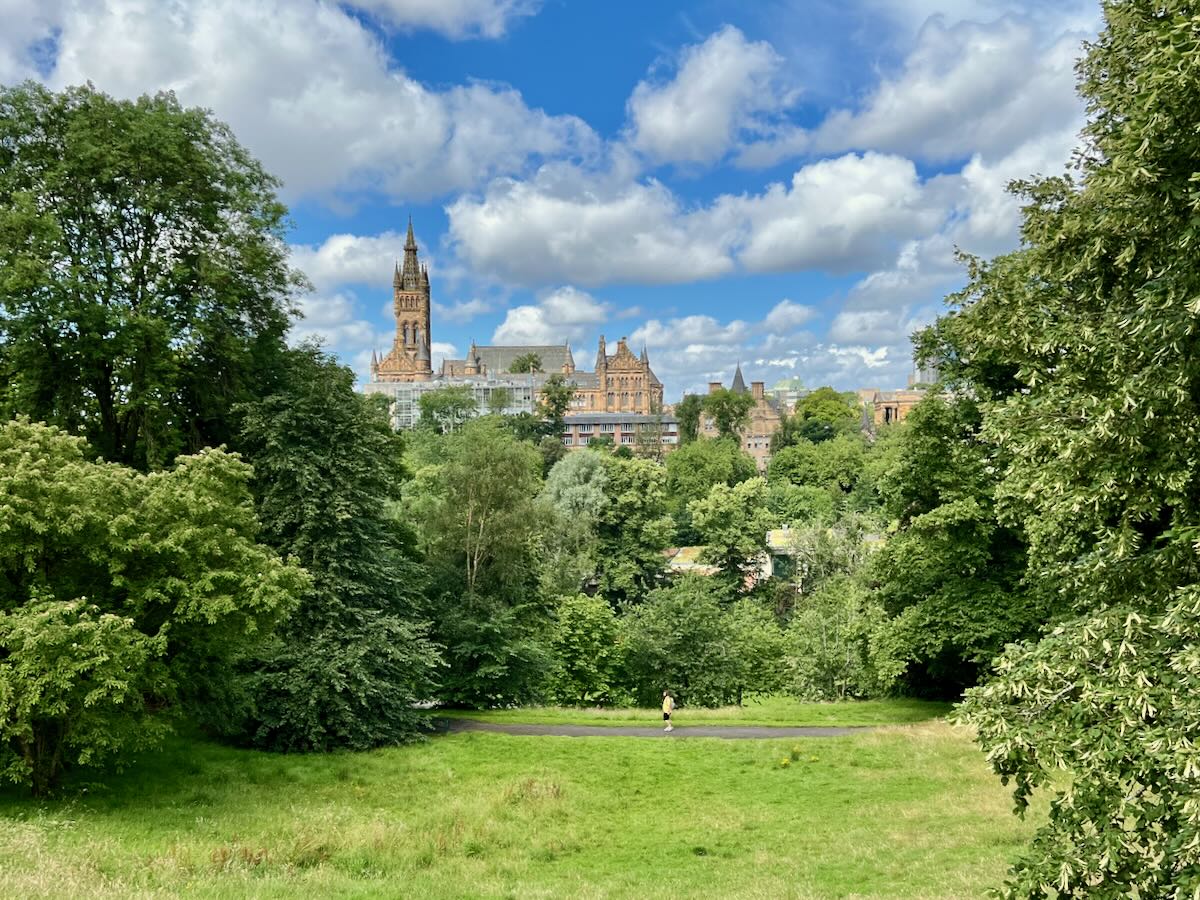Cities and Towns 8, A City is About People
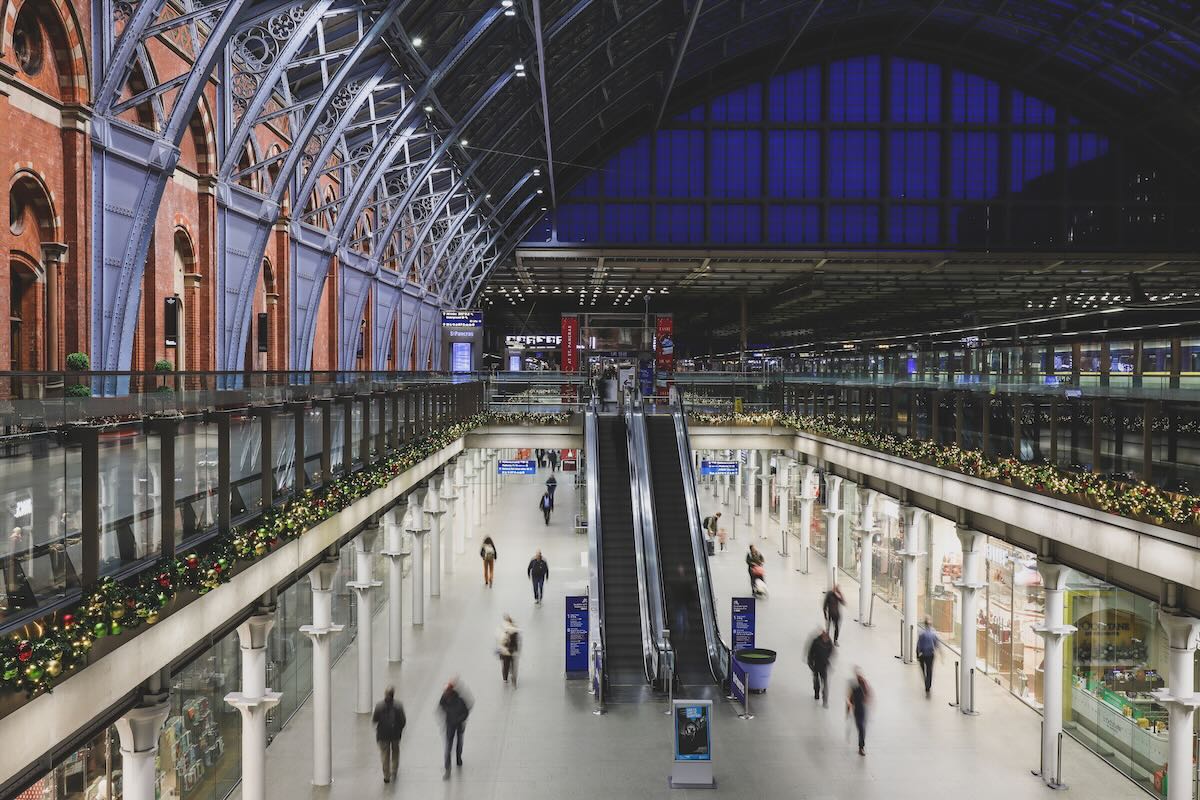
Kings Cross, once a thriving industrial and transport centre in London, was effectively closed off to the public by the end of the 20th century. Then in 1996, the decision was made to move the British terminus for the Channel Tunnel Rail Link from Waterloo to St-Pancras. The landowner saw a re-development opportunity for this 67-acre inner-city industrial wasteland. So in 2001 they engaged Argent LLP as development partner. Argent’s core belief underlying its Principles for a Human City: a city is about people.
Before devising a strategy, making any plans, or turning one shovel of dirt Argent’s chief executive, Roger Madelin, did his homework. He met 7,500 people in 353 different meetings all of which he travelled to by bicycle. Just think about the amount of effort involved – kilometres and kilometres of travel in one of the most rundown areas of London listening to people whose lives would be affected by the redevelopment. Early infrastructure work would only begin in 2007.
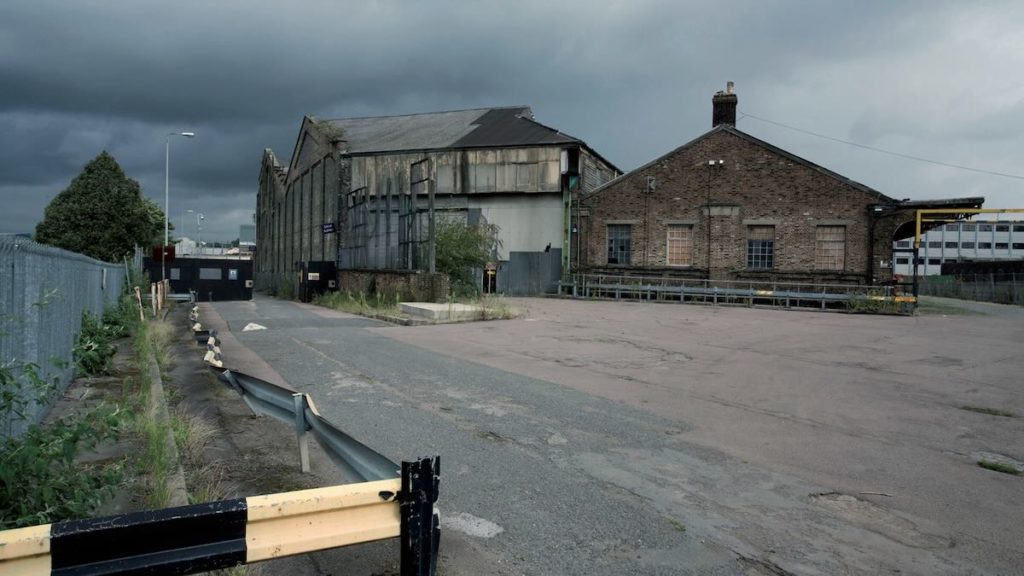
The result:
Built on the core belief that a city is about people, by 2024 the Kings Cross development will have:
- 4,250,000 sf of office space
- Close to 1700 new homes – some built within the confines of heritage gasometers, thus preserving these architectural icons
- 10 new public spaces covering 26 acres plus a mobile urban garden
- twenty new streets and six tube (subway) lines
- Three mainline train stations – Kings Cross, St-Pancras International, and Euston
- two public schools and a cookery school
- Central St-Martins – University of the Arts London (“UAL”)
- 450,000 sf of retail space including the re-development of a derelict coal depot – Coal Drops Yard that exclusively houses independent brands
- One kilometre of walkway along Regent’s Canal at the Camden Locks
- The two-acre Camley Street Natural Park on the banks of Regent’s Canal
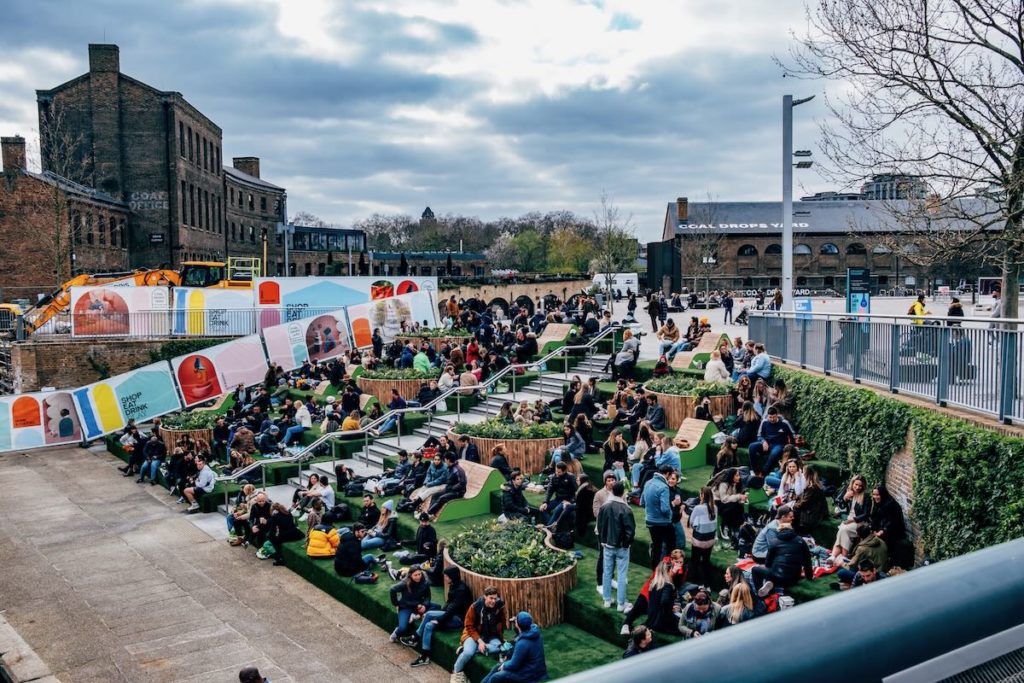
Argent accomplished this over a relatively short period of time. A significant achievement! But a man on a bicycle took the time to understand the site and the people who lived and worked there. No contrived focus groups with NIMBYs and select social groups, just honest, hard dialogue leading to development that incorporates new buildings, repurposed buildings, up-cycled existing buildings! St-Pancras is a beautifully renovated train station. Coal Drop Yards for retail and Central St-Martins UAL occupies the old granary. King’s Cross incorporates multiple public spaces, green spaces, and active transportation networks.
Of course, nothing is perfect. The affordable housing is not so affordable – it is London after all. Some of the new building architecture is, well, just blah. It is not as “Smart” as a purpose-designed “Smart City” but maybe that is a good thing. However, what cannot be denied is that the Kings Cross redevelopment has become a thriving, lively neighbourhood.
A City is About People
Cities are human so cities are messy. Urbanites will not be defined by engineers and architects. Or, classified on a developer’s spreadsheet! City dwellers will not just conform to “their” built environment. Kings Cross celebrates that first and foremost, a city is about people. Full of personality, it lives and breaths and seduces.
